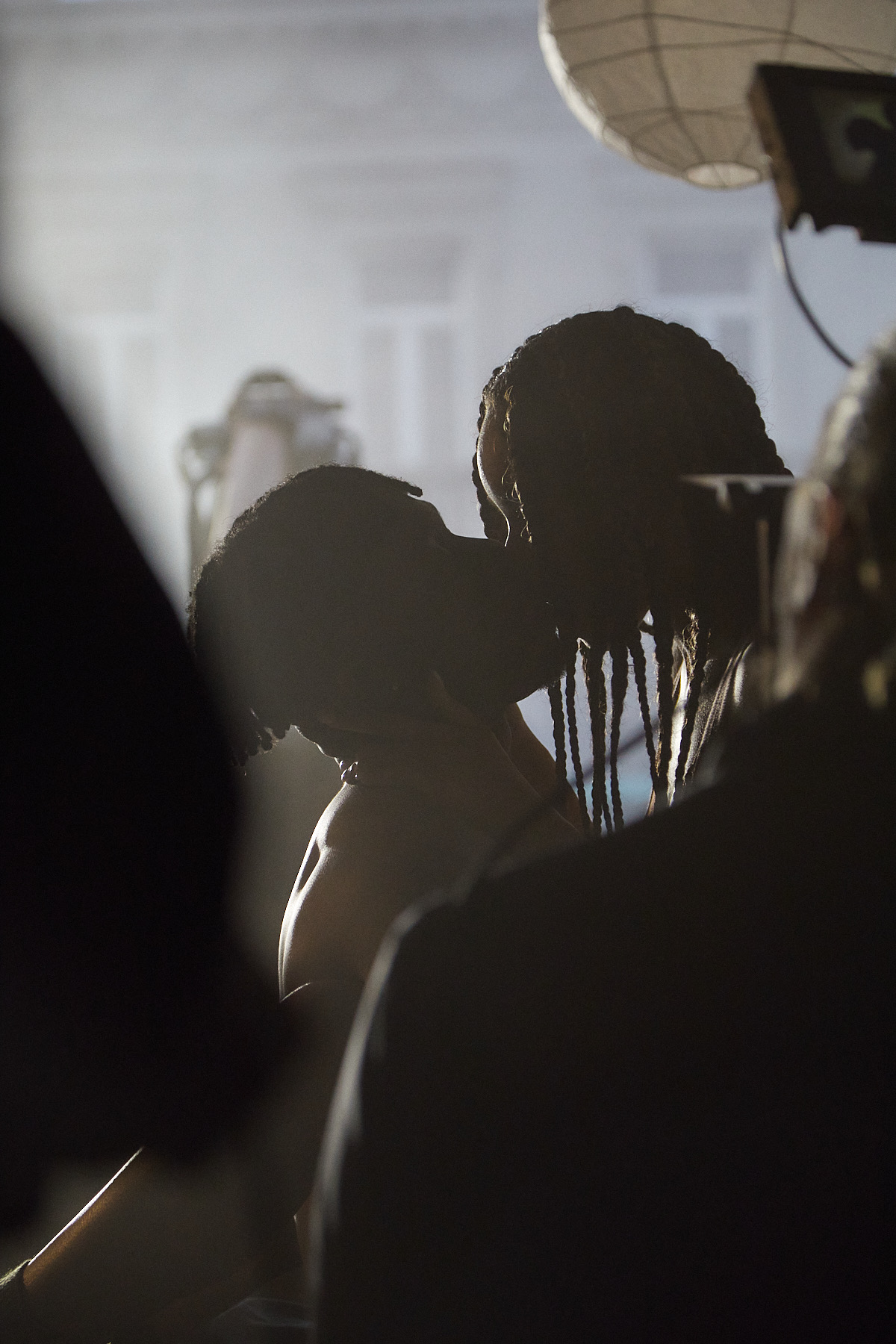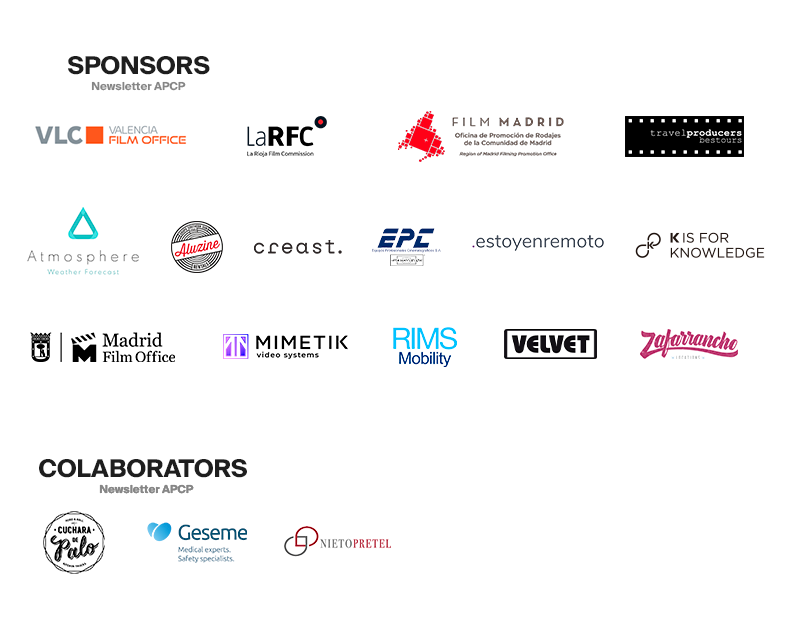
- From CANADA are you currently working on new projects with intimacy coordinators? What kind of shootings? Advertising, video clips…?
At the end of 2022 we got in touch with Lola Clavo to tell us a little more about the role of intimacy coordinator. In this meeting we had the heads of the production company’s videoclip and fiction departments, as we believe that these are the types of projects that can deal with the most intimate scenes. The truth is that in advertising there are fewer cases of intimacy.
Just at that time we were preparing a video clip in which an intimacy coordinator was required, so Lola almost left the meeting with a shoot on her hands. For now we have only counted on this figure in this videoclip, but the idea is to incorporate her in all the ones that come from now on.
- How and why did you consider using this figure?
We had been aware of the existence of this new figure in the sector for some time, especially in large productions, required by the big platforms. In fact, it was Lola herself, from the Spanish Association of Intimacy Coordination Professionals, who contacted us to spread the word about this role.
It made perfect sense for us to know more about it in order to start incorporating it and improve conditions on our film sets. Reflecting on some of our previous projects, it is very crazy to throw the actors out of the blue to perform certain scenes without a previous talk, to make sure they are comfortable, to think well how they are going to shoot or in what circumstances so that it is as comfortable and easy as possible for everyone present (talent, director, crew, etc.) and above all that there is no unpleasant feeling or discomfort on set.
 Anna Bacardit
Anna Bacardit
- In what kind of scenes do you have intimacy coordinators?
For now we have counted on this role in scenes of intimacy between a couple of actors who did not know each other, who have had to be naked or in their underwear, kissing, having close contact. From what we talked about with Lola Clavo, it is also interesting to have them in other types of scenes of (false) nudity, such as showers, or even violence, physical or verbal, to ensure that those involved are comfortable with the language or that they don’t feel violated by the situation.
- From the point of view of production, does the planning change at all compared to other shoots where you don’t have them?
It changes in the sense that it is another department with which we coordinate, with its needs in terms of calendar, time, budget and so on. We must take into account previous meetings with this figure, with the director, who can define what they want to achieve from that scene and how to carry it out, as well as meetings and rehearsals with the actors involved, to get to know each other, explain how the scene is going to be, talk about the barriers that are going to be in place so that they feel comfortable, etc.
There may also be meetings or communications with the rest of the team, with the camera for angles, with wardrobe or make-up for practical issues of the scene, or simply with the whole crew to warn them of certain rules to keep in mind during the shoot: that there is a small crew, that there are no wireless monitors outside the set or something as obvious as not staring at someone if they are naked.
Without an intimacy coordinator, these situations depend more on a production or directing team that is sensitive to the issue or has the resources to handle this, both in terms of time and equipment.

 CANADA’s production of the music video Weightless – Arlo Parks. With photographer Sophie Williams.
CANADA’s production of the music video Weightless – Arlo Parks. With photographer Sophie Williams.
- Does the coordinator work alongside the director in these scenes or is he/she more linked to production?
In our experience it is more coordinated with direction. He/she does not direct the actors as such, but guides them, together with the director, to express with the body what the scene and the director require.
- Do you think it has meant an evolution in filming when it comes to contacting these professionals? Do you think the actors feel more comfortable?
Totally, we think it is a great addition and a good and necessary incorporation within the sector. It is important to ensure that the talent will have all the information about what is going to happen on stage and that they will have time to get to know their partner on stage, that they will be able to set their limits and know the barriers that will be followed on set. They will even know what consent is and that there will be no power dynamics in front of the director.
Interview by Claudia Cabezas and Ángela Moreno Vallejo.



